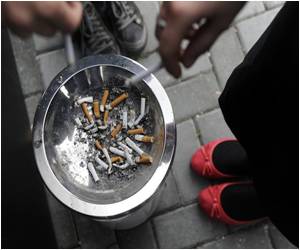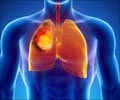A new report finds nine years after diagnosis, 9.3 percent of U.S. cancer survivors were current smokers and 83 percent of these individuals were daily smokers who averaged 14.7 cigarettes per day.

Roy Herbst, MD, PhD, chief of medical oncology at Yale University and chair of the AACR Tobacco and Cancer Subcommittee, who was not involved with the study, said in an interview that the findings illustrate the scope of the problem.
"Smoking can cause new mutations among cancer survivors that can lead to secondary and additional primary cancers. It can also affect physical function and interfere with the efficacy of therapies," Herbst said. "We need to take note of this and target this population for intervention."
In the study, researchers at the ACS analyzed data on 2,938 patients nine years after their diagnoses.
Smoking prevalence by cancer type:
- bladder cancer (17.2 percent)
- lung cancer (14.9 percent)
- ovarian cancer (11.6 percent)
- melanoma (7.6 percent)
- kidney cancer (7.3 percent)
- colorectal cancer (6.8 percent)
Survivors were more likely to smoke if they were younger, had less education and income, or drank more alcohol.
About 40 percent of smokers said they planned to quit within the next month, but this intention was lower among survivors who were married, older, or smoked more.
Advertisement
Source-Eurekalert














